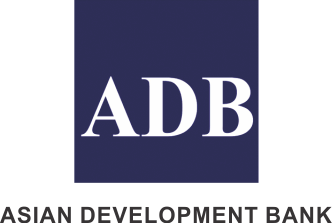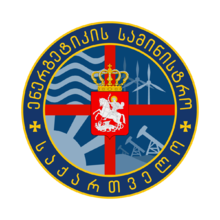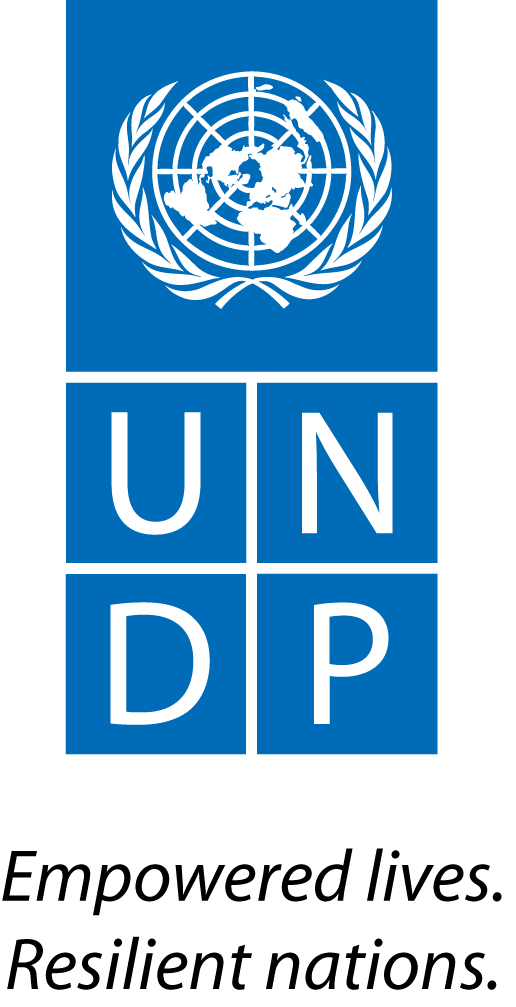SEMINAR ON ENERGY BALANCES IN GEORGIA
On February 27, 2008 the foundation – World Experience for Georgia (WEG) conducted a seminar on Energy Balances in Georgia, in the Center of Professional Development, Science and Culture of Georgian Technical University.
Lead Georgian specialists from various public and private entities participated in the seminar, including experts from the Ministry of Energy, Parliament, GNERC, ESCO, Statistics Department, Tbilisi City Hall, Energy Academy, Georgian Technical University, other commercial and noncommercial entities.
The information on Georgia’s Aggregate Energy Balance, Electricity and Natural Gas Balances was presented and the main parameters of Country’s economy and its energy sector were discussed including: energy dependence, its seasonality and the level of diversification; structure of energy consumption and in particular the high share of fuel wood consumption; efficiency of energy use and transformation losses; per capita consumption and other important parameters. The difficulties related to acquisition of relevant data were highlighted.
The need for compiling of accurate energy balances, as an essential instrument for country’s energy and economic policy development, was emphasized. This was previously done by the State Statistics Department and has not been conducted over last 7 years.



























